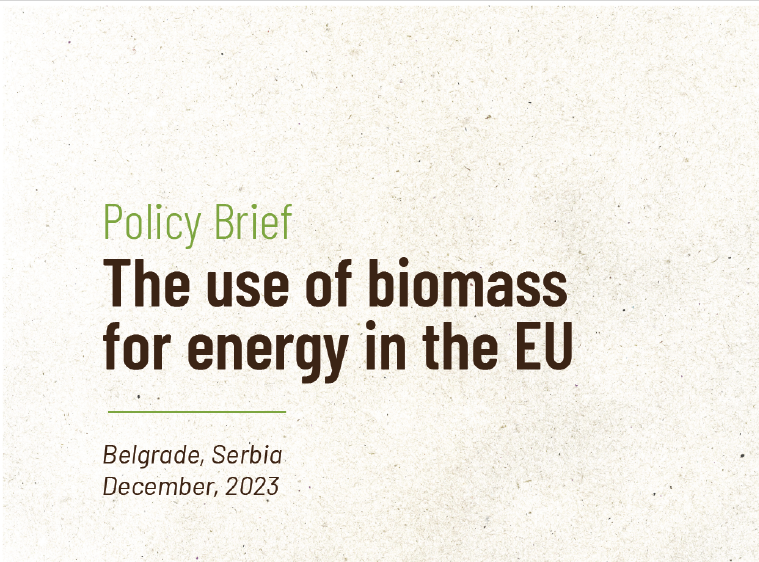
The European Green Deal (EGD) establishes the objective of becoming climate neutral in 2050 in a manner that contributes to the European economy, growth, and jobs. This objective requires a greenhouse emissions reduction of 55% by 2030 as confirmed by the European Council in December 2020. This in turn requires significantly higher shares of renewable energy sources in an integrated energy system.
In July 2021, the European Commission adopted the ‘Fit for 55’ package, adapting existing climate and energy legislation to meet the new EU objective of a minimum 55% reduction in greenhouse gas (GHG) emissions by 2030.
One element of the package was the revision of the Renewable Energy Directive (RED II) to help the EU deliver the new 55% GHG target. Under RED II that was in force since 2018 the EU was obliged to ensure that at least 32% of its energy consumption comes from renewable energy sources by 2030.
The revised RED III includes a further targeted strengthening of the biomass sustainability criteria and takes up recommendations of the report “The use of woody biomass for energy production in the EU”, by the Commission’s Joint Research Centre. The revised Directive includes the extension of no-go areas for forest biomass to protect in particular primary and old-grown forests, as well as wet- and peatland. It also requires avoiding the use of roots and stumps and to minimise large clear-cuts. The proposed rules introduce an obligation on EU countries to design their national support schemes in accordance with the biomass cascading principle whereby woody biomass is used according to its highest economic and environmental added value.
The ‘Fit for 55’ legislation, now fully adopted, sets the EU on a path to reach its climate targets by 2030. The overall package includes emissions reduction targets across a broad range of sectors, a target to boost natural carbon sinks, and an updated emissions trading system to cap emissions, put a price on pollution and generate investments in the green transition, and social support for citizens and small businesses.
Read the full policy brief below:
The use of biomass for energy in the EU
